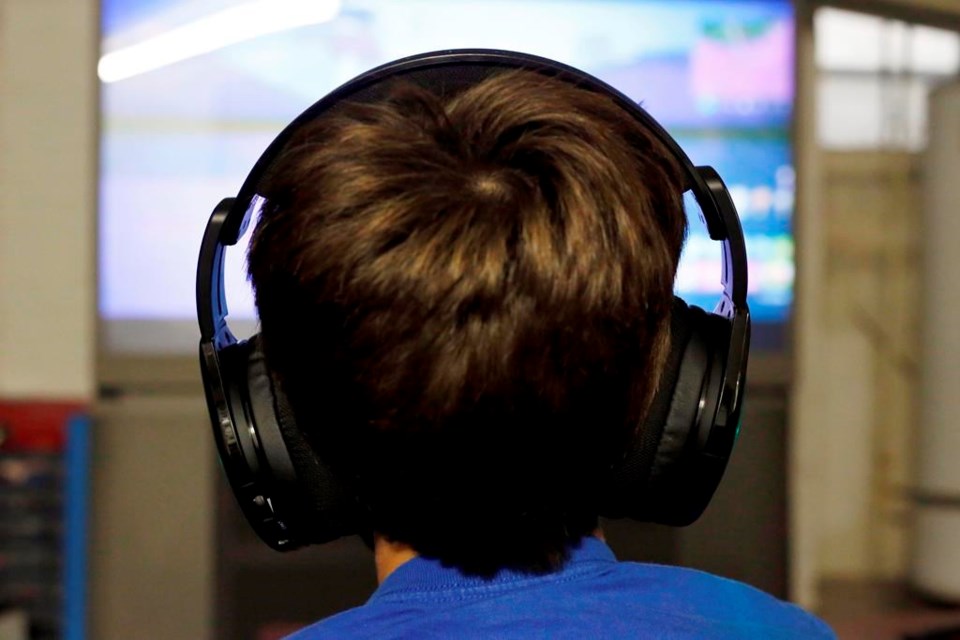MONTREAL ŌĆö The maker of online video game Fortnite has lost its attempt to appeal a Quebec court decision authorizing a class-action lawsuit by parents who claim their children became addicted to the popular game.
In a ruling issued Friday, Appeal Court Justice Guy Cournoyer denied Fortnite creator Epic Games permission to appeal the ruling, rejecting the company's claims that a lower court judge made several errors when he allowed the suit.┬Ā
Lawyers for the company argued that a Superior Court judge should have never authorized the class action because the plaintiffs' claim about children becoming addicted was "based purely on speculation."
"Binding jurisprudence requires 'some evidence,' and speculation cannot form the basis of class-action authorization," the company's lawyers wrote, adding that "the evidence demonstrated no scientific consensus that (cyberaddiction) even exists."
Epic Games also argued that a second claim ŌĆö that children who purchased an in-game currency were taken advantage of ŌĆö should not have been allowed. The lawyers argued the second claim had been suggested by the judge himself and that the company was not given a chance to argue against its inclusion in the class action.
However, Cournoyer found that the company didn't prove it had not been heard on the claim that the in-game money was allegedly exploitative; the company was given two opportunities to make written submissions, the Appeal Court judge wrote.
With regard to the company's other arguments, Cournoyer said, "the applicants have not demonstrated any significant error on the face of the judgment itself."
Jean-Philippe Caron, a lawyer for the plaintiffs, said his firm has heard from around 350 people who may be part of the class action.
"Of course, the (class action) is probably much larger than that but it's going to take the evidence that we'll obtain in the process of gathering evidence to establish with certainty the number of people who will be included," he said in an interview Monday.
He said a similar lawsuit ŌĆö which would include Canadians outside Quebec ŌĆö will likely be filed in the British Columbia courts this week.┬Ā
Lawyers for Epic Games did not respond to a request for comment on Monday.
This report by The Canadian Press was first published Feb. 27, 2023.
Jacob Serebrin, The Canadian Press



